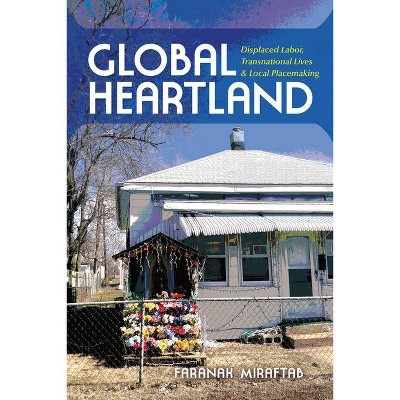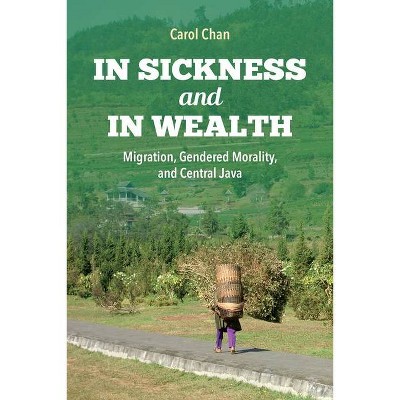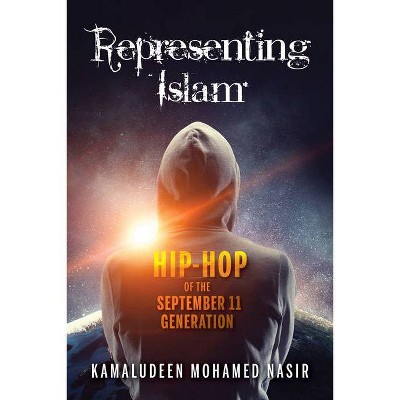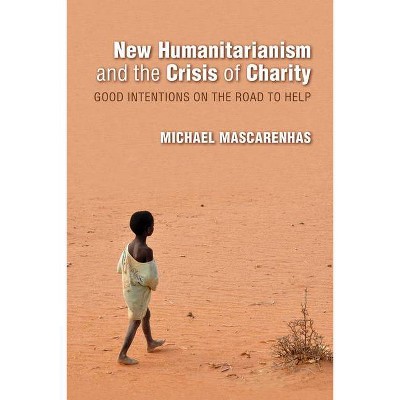An Ethnography of Hunger - (Framing the Global) by Kristin Phillips (Paperback)
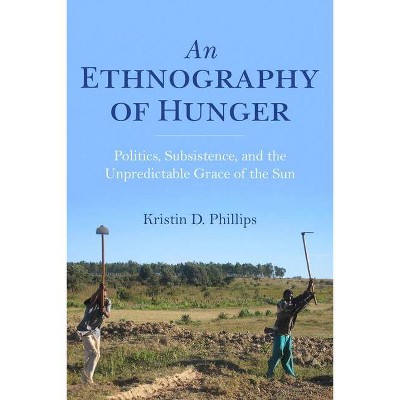
Similar Products
Products of same category from the store
AllProduct info
<p/><br></br><p><b> About the Book </b></p></br></br><p>1. This book tells a complex story about food security, rural livelihoods, and community development among subsistence farmers in Tanzania. It tells a powerful story about tenacious survival. </p> <p>2. A secondary storyline in the book is the coming to power of Tanzania's most controversial opposition politician, Tundu Lissu, in 2010 (currently Chief Opposition Whip in Parliament), in a relatively obscure pro-ruling party constituency in Central Tanzania (Singida East). This story has not been told widely elsewhere and it is growing in significance with Lissu's continually increasing influence and fame. There was an assassination attempt on Lissu in September 2017, which is raising questions about the current direction of Tanzanian politics under current President Magufuli.</p> <p>3. In addition to a broad audience among scholars in contemporary African studies, anthropologists working on humanitarianism, hunger, NGOs, Africa, and globalization, and international studies scholars, this book is written to be accessible for undergraduate students and has strong potential for course adoption sales.</p></p><p/><br></br><p><b> Book Synopsis </b></p></br></br><p>In <em>An Ethnography of Hunger</em> Kristin D. Phillips examines how rural farmers in central Tanzania negotiate the interconnected projects of subsistence, politics, and rural development. Writing against stereotypical Western media images of spectacular famine in Africa, she examines how people live with--rather than die from--hunger. Through tracing the seasonal cycles of drought, plenty, and suffering and the political cycles of elections, development, and state extraction, Phillips studies hunger as a pattern of relationships and practices that organizes access to food and profoundly shapes agrarian lives and livelihoods. Amid extreme inequality and unpredictability, rural people pursue subsistence by alternating between--and sometimes combining--rights and reciprocity, a political form that she calls "subsistence citizenship." Phillips argues that studying subsistence is essential to understanding the persistence of global poverty, how people vote, and why development projects succeed or fail.</p><p/><br></br><p><b> Review Quotes </b></p></br></br><br><p>Phillips's nuanced analysis of the lived experience of hunger, its embeddedness in social relationships, and its impact on political subjectivity are truly original and set this book apart from other anthropological studies of hunger, subsistence farming, or political subjectivity.</p>--Jennie E. Gurnet - Georgia State University "African Studies Review"<br><br><p>Recommended.</p>-- "Choice"<br><br><p>The book is ethnographically rich and presents us with new ways of thinking about development practices and environmental politics broadly defined. More importantly, <i> An Ethnography of Hunger</i> makes a significant contribution to the understanding of the relationship between power, politics and the environment. The book, for many years to come, will provoke intellectual debate about the place of politics and the environment in Tanzania, Africa, and beyond.</p>-- "Political and Legal Anthrology Review"<br><p/><br></br><p><b> About the Author </b></p></br></br><p>Kristin D. Phillips is Senior Lecturer in the Department of Anthropology at Emory University. Her work has appeared in <i>African Studies Review</i>, PoLAR: <em>Political and Legal Anthropology, Comparative Education Review, </em>and <em>Critical Studies in Education.</em></p></p>
Price History
Price Archive shows prices from various stores, lets you see history and find the cheapest. There is no actual sale on the website. For all support, inquiry and suggestion messagescommunication@pricearchive.us
